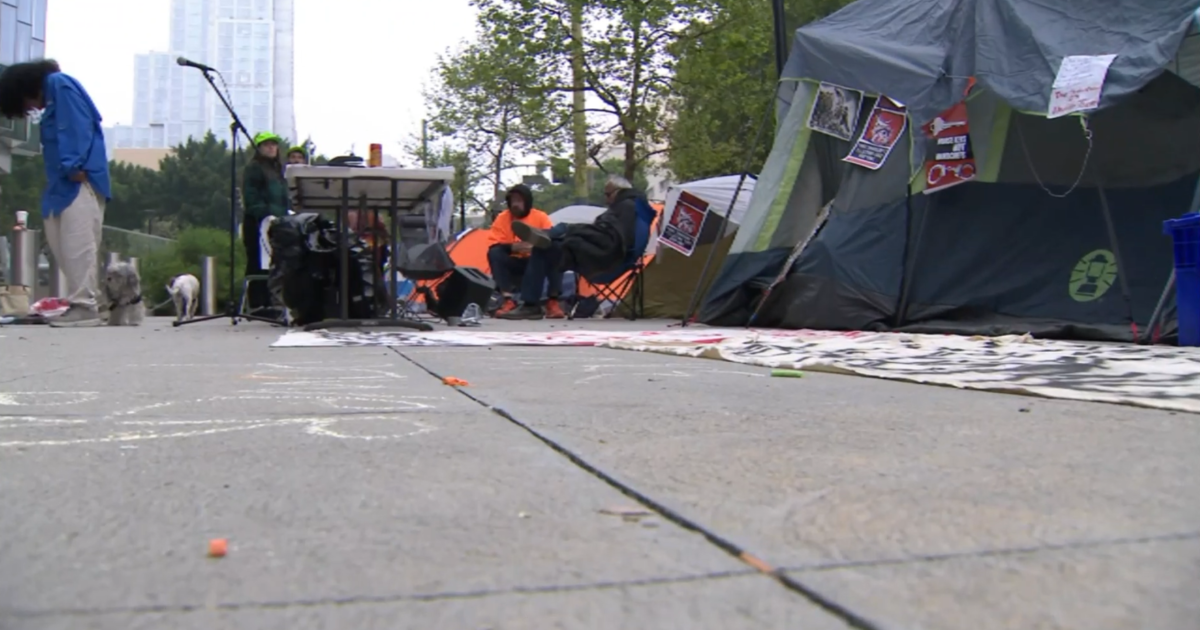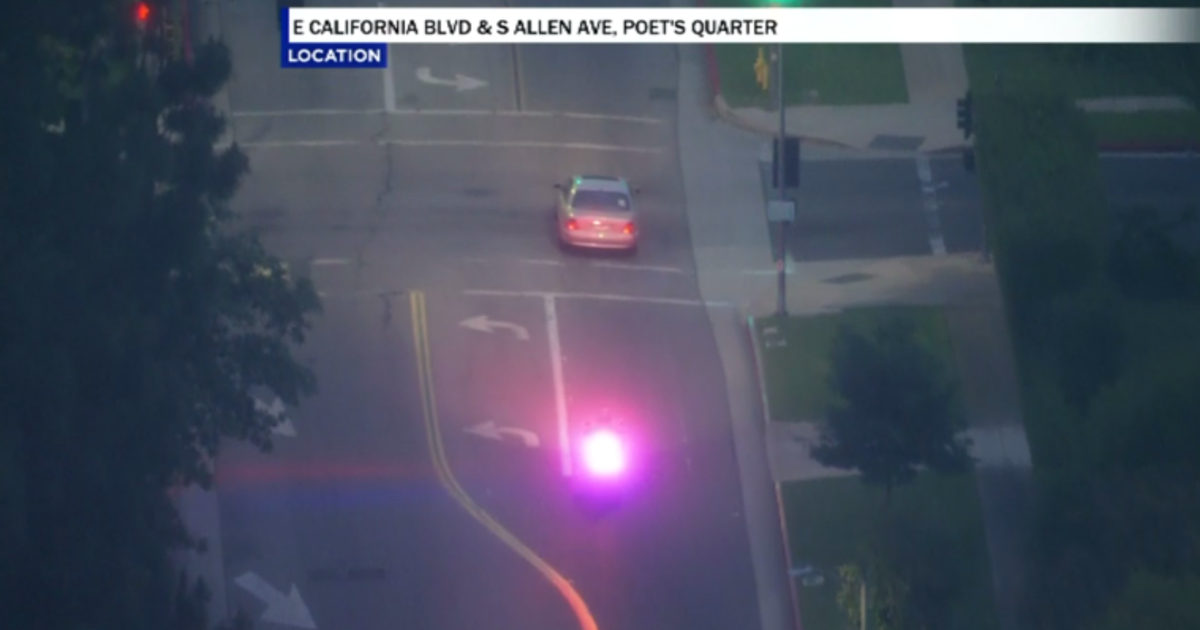'Blurred Lines' Verdict Called 'Inconsistent' In Motion For New Trial
LOS ANGELES (CBSLA.com) — A new trial motion called a Los Angeles jury's $7.4 million verdict finding the song "Blurred Lines" infringed on a Marvin Gaye hit "unfounded, illogical and a miscarriage of justice."
Attorneys for counter-defendants Pharrell Williams and Robin Thicke contend that a second trial is warranted because the jury's finding of copyright infringement, and the damages and profits awarded, are unsupported by evidence and contrary to law.
U.S. District Judge John A. Kronstadt is expected to consider the argument at a June 29 hearing.
The pop stars further allege that evidentiary and legal errors in jury instructions by the judge were "prejudicial and prevented counter-defendants from receiving a fair trial."
The "inconsistent" verdict, delivered by a "confused and misled" jury, found liability against Thicke and Williams but exonerated the record company parties that distributed "Blurred Lines" and a co-writer and co-performer on the song, Clifford "T.I." Harris Jr., according to the motion.
"The defective verdict can be attributed only to the prejudicial and irrelevant evidence concerning Thicke's statements to the press" that he wanted to create a song with the same "feel" or "groove" as Gaye's "Got to Give it Up," according to the motion filed in federal court in Los Angeles.
"Thicke's statements about his influence for 'Blurred Lines,' probative of nothing, were the centerpiece of the Gayes' case and led to an erroneous result," Williams/Thicke co-counsel Seth Miller wrote.
After the March 10 verdict, which awarded the Gaye heirs $7.4 million, their attorney filed papers seeking to halt future sales of "Blurred Lines" until a royalties agreement could be reached giving Marvin Gaye a co-writing credit.
The family is also seeking to "correct" the verdict to include rapper Harris, as well as labels Universal Music, Interscope Records and Star Trak Entertainment.
Kronstadt limited the jury to considering only the registered sheet music for "Got to Give it Up," rather than the 1977 sound recording.
Attorneys for the counter-defendants contend that hours of testimony by musicologist Judith Finell, centering on her opinion as to the similarity of the two songs' sound recordings, should not have been allowed.



